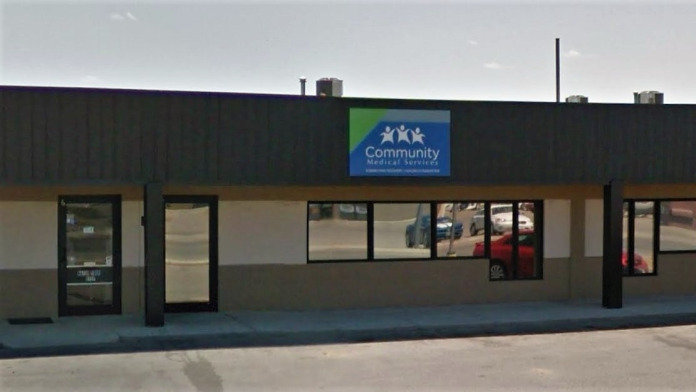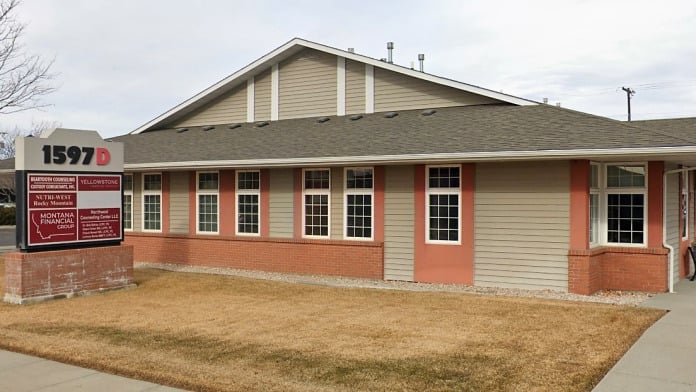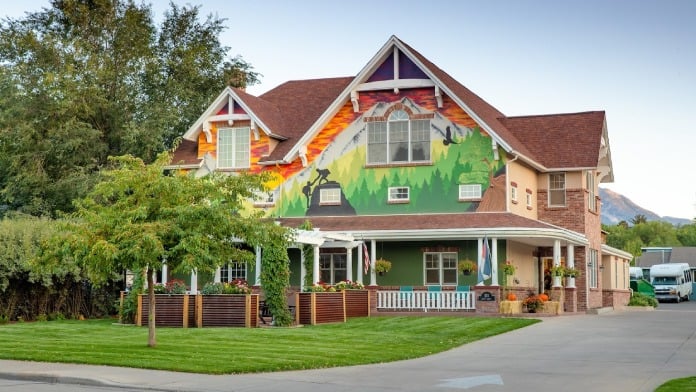About Montana Rescue Mission
Montana Rescue Mission is a nonprofit located in Billings, Montana. Here, people who are experiencing hunger or homelessness can take shelter and find nourishment in a warm, safe, and supportive environment. This address is their administrative office, and they can direct you from here to the appropriate location for the services you need.
The organization also offers multiple programs, including sober living apartments, day treatment, outpatient therapy, peer support and case management for people facing addiction. They welcome all people in need and don’t turn away those who aren’t ready to commit to sobriety.
Personalized case management
When you arrive at Montana Rescue Mission, you’ll connect with a case manager. This case manager will help you access necessary resources, including shelter and medical care. If you decide to enter treatment they’ll devise a personalized plan based on your goals.
Sober living in the heart of Big Sky Country
One of Montana Rescue Mission’s newest programs is the Mission Apartments, which opened in fall 2024 in downtown Billings. The apartments offer people in recovery the opportunity to utilize the skills they’ve gained in drug rehab to live independently in secure, stable and community centered housing.
People in recovery tend to be quite vulnerable, particularly if they are also facing issues like housing and financial insecurity. These apartments provide a safety net to support folks on their path to lasting health and wellbeing.
Giving you the tools to flourish
If you have trouble meeting your basic needs, you may not have had the opportunity to obtain life skills in areas like personal finance management, computer use, and employment readiness.
Not having these skills may inhibit your ability to build a stable future. Through the Mission Academy, a residential educational program, and internship opportunities, Montana Rescue Mission can offer you the tools you need to prosper.
Facility Overview
Latest Reviews
Rehab Score
Gallery
Other Forms of Payment
Self-pay involves paying for treatment out of your own pocket. You can use savings or credit, get a personal loan, or receive help from family and friends to fund your treatment. If you don't have insurance or your insurance plan doesn't cover a specific program, self-pay can help ensure you still get the care you need.
Medicaid is a state based program that helps lower-income individuals and families pay for healthcare. Medicaid covers addiction treatment so those enrolled can use their coverage to pay for rehab. When a program accepts Medicaid the client often pays very little or nothing out of their own pocket.
Financial aid can take many forms. Centers may have grants or scholarships available to clients who meet eligibility requirements. Programs that receive SAMHSA grants may have financial aid available for those who need treatment as well. Grants and scholarships can help you pai for treatment without having to repay.
Medicare is a federal program that provides health insurance for those 65 and older. It also serves people under 65 with chronic and disabling health challenges. To use Medicare for addiction treatment you need to find a program that accepts Medicare and is in network with your plan. Out of pocket costs and preauthorization requirements vary, so always check with your provider.
Addiction Treatments
Levels of Care
Outpatient Programs (OP) are for those seeking mental rehab or drug rehab, but who also stay at home every night. The main difference between outpatient treatment (OP) and intensive outpatient treatment (IOP) lies in the amount of hours the patient spends at the facility. Most of the time an outpatient program is designed for someone who has completed an inpatient stay and is looking to continue their growth in recovery. Outpatient is not meant to be the starting point, it is commonly referred to as aftercare.
Intensive Outpatient Programs (IOP) are for those who want or need a very structured treatment program but who also wish to live at home and continue with certain responsibilities (such as work or school). IOP substance abuse treatment programs vary in duration and intensity, and certain outpatient rehab centers will offer individualized treatment programs.
Completing a drug or alcohol rehab program shouldn't spell the end of substance abuse treatment. Aftercare involves making a sustainable plan for recovery, including ongoing support. This can include sober living arrangements like halfway houses, career counseling, and setting a patient up with community programs like Alcoholics Anonymous (AA) or Narcotics Anonymous (NA).
Treatments
Mental health rehabs focus on helping individuals recover from mental illnesses like bipolar disorder, clinical depression, anxiety disorders, schizophrenia, and more. Mental health professionals at these facilities are trained to understand and treat mental health issues, both in individual and group settings.
Programs
Adult rehab programs include therapies tailored to each client's specific needs, goals, and recovery progress. They are tailored to the specific challenges adult clients may face, including family and work pressures and commitments. From inpatient and residential treatment to various levels of outpatient services, there are many options available. Some facilities also help adults work through co-occurring conditions, like anxiety, that can accompany addiction.
Young adulthood can be an exciting, yet difficult, time of transition. Individuals in their late teens to mid-20s face unique stressors related to school, jobs, families, and social circles, which can lead to a rise in substance use. Rehab centers with dedicated young adult programs will include activities and amenities that cater to this age group, with an emphasis on specialized counseling, peer socialization, and ongoing aftercare.
Clinical Services
In individual therapy, a patient meets one-on-one with a trained psychologist or counselor. Therapy is a pivotal part of effective substance abuse treatment, as it often covers root causes of addiction, including challenges faced by the patient in their social, family, and work/school life.
Staff
Matt Lundgren
Executive Director
Joanna King
Executive Assistant
Beatriz Villanueva
Development Director
Penny Mraz
Finance Director
Contact Information
2902 Minnesota Avenue
Billings, MT 59101



